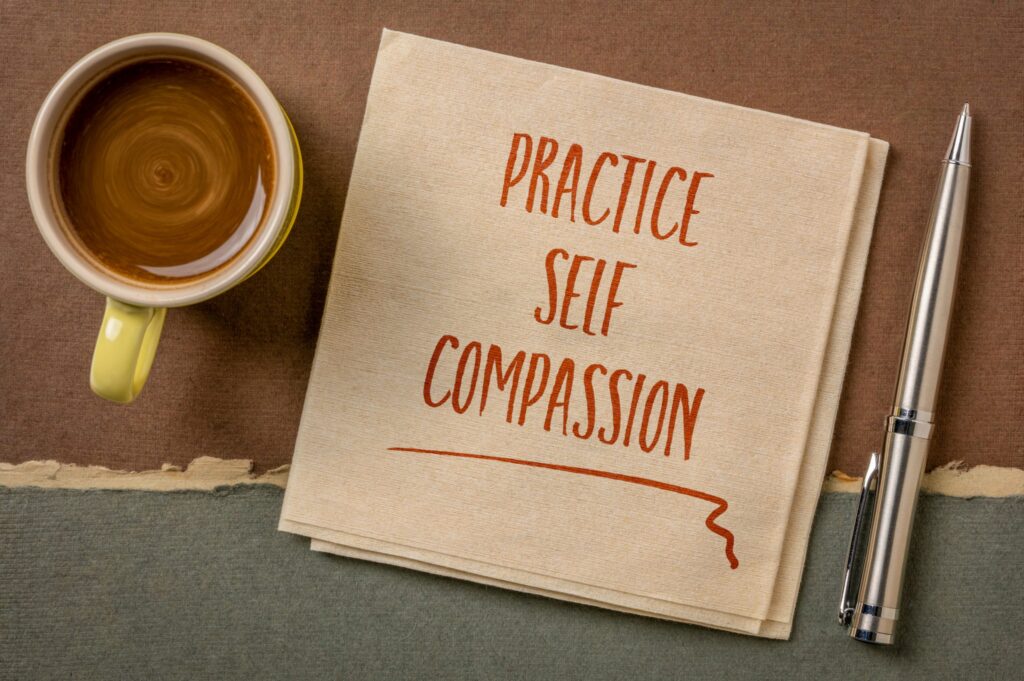Spring is almost over, which means that students all over the world will have to deal with their exams pretty soon. For lots of learners, midterms and finals are the most stressful times of the year. The pressure to get good grades can be too much for you, and the workload can seem impossible. And many undergraduates have to combine this with working and having hobbies!
On the other hand, with the right strategies and mindset, you can survive and even thrive during these weeks. There are plenty of different techniques that can help you deal with your workload and pass all of your exams. Of course, you can’t dismiss the importance of having a support group and studying hard all year, but this list is about immediate solutions.
One of the most obvious solutions is to delegate your assignments and overall workload as much as possible. There is other homework even during your midterms, so it’s always better to trust some of the projects to help me write my essay online. This way, you can focus your attention on more important deadlines instead of writing essays all evening and failing the exam.
In case you are still not sure that you can handle your exam period, here is the ultimate survival guide on staying sane during midterms and finals!
Start early and stay organized
The key to success during midterms and finals is to start preparing early and stay organized the whole time while you are studying and right until the semester is over. You can start by creating a schedule, which will cover all the necessary material without cramming or sacrificing sleep. Make a list of all the exams you will be taking and the topics that will be covered.
At this point, you can clearly see your overall workload and what needs to be done. After this, learners can divide their assignments and materials into smaller pieces, which would allow them to understand how much time they need for each section. Luckily for you, there are also plenty of apps that can create a working schedule for you and send reminders for your deadlines.
Stay focused and avoid distractions

Source: today.tamu.edu
Distractions can derail your studying efforts and lead to procrastination in the future. Try to get rid of any distractions as much as possible by turning off your phone, logging out of social media accounts, and finding a quiet study space. If you find that you still struggle with focus, consider using apps or tools that block distracting websites or sounds for a certain period of time.
Seek help as soon as you need it
If you are struggling with a particular topic or subject, don’t wait to ask for some assistance. Reach out to your professor or other classmates, attend review sessions or study groups, or seek tutoring services. Don’t wait until the last minute to ask for help, as it may be too late to improve your grades. Other people are in the same boat, and you all need to pass your exams!
Use active studying techniques
Most students already know that passively reading notes or textbooks is not an effective way to retain information. Instead, use active studying techniques that engage your brain and help you remember information. Of course, you can always use the best paper writing services in case you don’t have enough time anymore before your exam. Some effective methods include:
- Creating flashcards: Write down key concepts or terms on one side of a flashcard and the definition or explanation on the other side. Quiz yourself on the material until you can recall it without looking at the paper or your notes.
- Summarizing notes: After reading a section or attending a lecture, write down the most important points in your own words. This process helps you consolidate information and commit it to memory.
- Teaching others: Explain a concept or idea to a friend or family member as if you were teaching them. This method helps you solidify your understanding of the material and see if there is any lacking information in your knowledge base.
Practice self-compassion

Source: acs-teens.org
During stressful times, it’s essential to be kind and compassionate to yourself. Remember that perfection is not the goal, and it’s totally okay to make mistakes and learn from them in the future. Treat yourself with the same level of kindness that you would offer to another person. Take breaks when needed, and don’t be too hard on yourself if things don’t go as planned!
Take care of yourself
Students can often forget to take care of themselves when they are under a lot of pressure. On the other hand, thinking about your physical and mental health should be on top of your list even when you are preparing for your exams! Here are some tips for you that can make you feel better even when you are overworked and stressed about your grades:
- Practice meditation, yoga, or any other kind of physical activity that will help you clear your mind and rewind.
- Don’t forget about taking breaks for at least 20 minutes between your studying sessions.
- Find your study group so you can share and validate your feelings and help you with your assignments at the same time.
- It’s always a great idea to eat healthily, drink water to stay hydrated, and get enough sleep because students always forget about this component of their healthy lifestyle.
As you can see, all rules in this section are focused on your mental and physical health, which are closely connected to each other and can help you get through your exams.
Prioritize and manage your time effectively
During midterms and finals, you may have multiple exams and assignments due at the same time. It can be overwhelming to manage all these responsibilities without a schedule. Make a list of all the assignments you have right now and put different priority levels on them. Break down each task into smaller, more manageable steps and allocate specific times to work on them.

Source: corporatefinanceinstitute.com
To Sum Up
So there you have it, the ultimate guide on staying sane during your midterms and finals! In the end, it all comes down to being kind to yourself, organizing your time, and putting a priority on more important assignments. Of course, if you haven’t learned anything during your semester, it will be more challenging to pass your exams. So it’s better to keep up with your studies!



